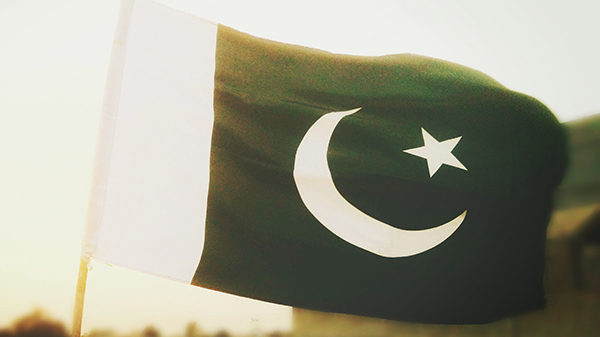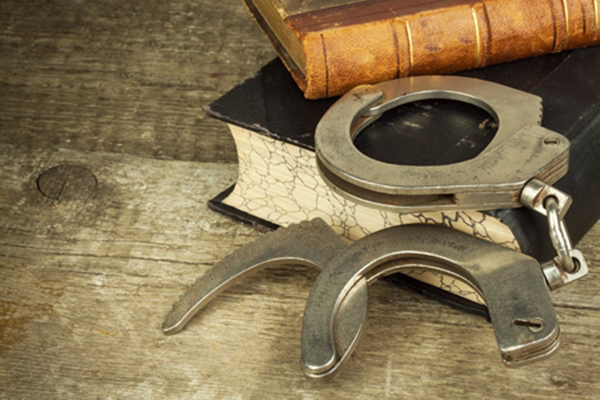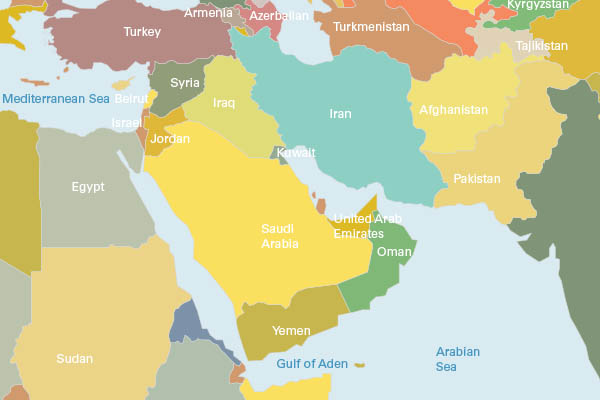Tom Bennich, a member of First Baptist Church, Hartselle, has traveled the world to do missions. His work has been covered by The Alabama Baptist newspaper and other media sources over the years. Fellow church members have marveled at his acts of courage and commitment.
But Bennich’s most recent missions trip brought him a different kind of reaction. “People told me I was an idiot,” he said about his trip to Gaza City and the West Bank. “I told them, ‘I did what the Lord wanted me to do, and I don’t have any problem with it.’”
His story was echoed by many of the 19 Southern Baptist volunteers from Alabama, Tennessee and North Carolina who crossed fortified borders and military checkpoints in June and July — under the intense gaze of Israeli soldiers wielding automatic weapons — to aid Palestinian families in Gaza and the West Bank. Some relatives, and even church members, wondered out loud not only about their safety, but why they would want to help Palestinians in the first place.
Why not help?
“The real question is: Why
wouldn’t I help?” responded volunteer Alan Jones of North Carolina. “We felt we were called to come on a mission of hope — and there’s not a lot of hope in these homes.”
“Hope” was a key word for these volunteers, the second wave of U.S. helpers in “Project Future and Hope.” The project is a joint effort by Southern Baptists, Palestinian Baptists and other local Christians to aid families in Gaza, the West Bank and Palestinian areas of East Jerusalem. Southern Baptists are helping finance the project with $325,000 in hunger and general relief funds.
An initial group of U.S. volunteers distributed food in early June. More teams are expected through September. If travel restrictions allow, they’ll deliver more food, conduct five week-long camps for Palestinian children and distribute some 4,000 school uniforms to kids whose families can’t afford them.
Volunteers already have visited some 1,800 Palestinian families in the territories. They hope to reach at least 1,000 more. Why?
“Our primary goal is to share God’s love with these people, to tell them we love them and God loves them, to bring hope and encouragement,” said Southern Baptist worker and project coordinator Paul Lawrence of Alabama, who has worked among Palestinians for 17 years. “We also want to change Palestinians’ attitudes toward evangelical Christians — and American evangelical attitudes toward Palestinians.”
Jerry Butler, Alabama Baptists’ state coordinator for disaster relief, said, “Everyone said, ‘We love Americans, but we don’t like the politics of America.’
“Everybody without any exception wanted peace and freedom,” said Butler, who joined Bennich and six others from Alabama in Gaza City for a week in July. Their team delivered 25 tons of food into 720 homes of Palestinian refugees living in Gaza.
“We did a lot, but it’s only a grain of sand on the seashore when you look at all the people,” Butler said.
And while no talk of God was allowed, the teams did get to pray in almost every home.
Praying together
“Almost 98 percent of the people, when asked (what to pray for) … said peace and for Palestinians and Israelis to live together as neighbors,” Bennich said.
Butler noted he was concerned “that we didn’t … talk about the … differences (between our God and theirs).” But with only 20 Baptists among 1.2 million people “this was an effort to say we cared by giving food,” he said.
While Southern Baptists exhibit hope and love in a bitter, blood-soaked atmosphere, the renewal of Israeli-Palestinian violence in the fall of 2000 has all but ended talks between the two sides. The appalling new phenomenon of Palestinian suicide bombings targeting Israeli civilians — coupled with Israeli military retaliation and region-wide curfews — has extinguished even the dimmest hope of peace for many. Attitudes have hardened on all sides.
For families facing such a life, a brief visit and a little food is “a drop in the bucket,” admitted one Palestinian Baptist. “But you put many drops together, and you make a difference.” (BP, TAB)




Share with others: